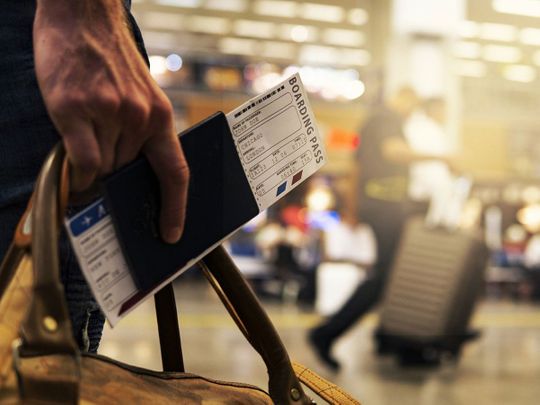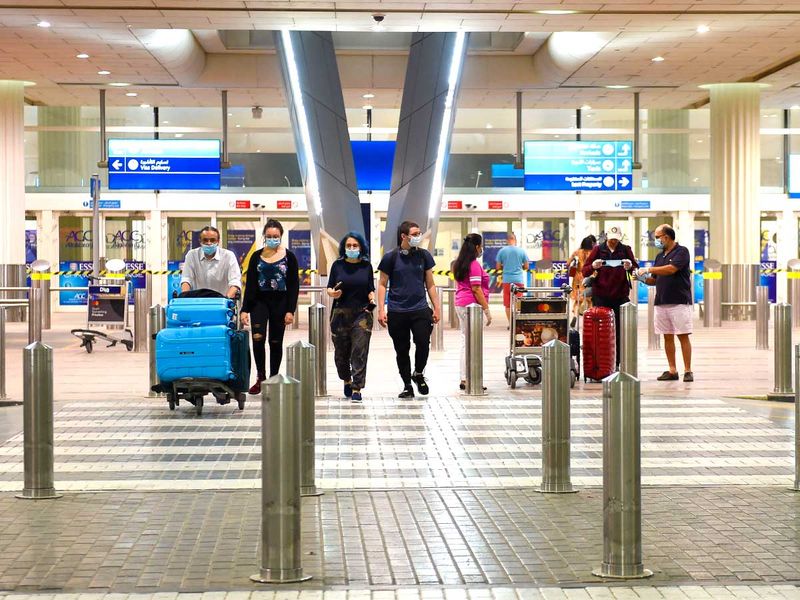
As COVID-19 restrictions relax around the world, people are taking advantage of hybrid or fully remote working models to take off-peak and off-season trips. And spending in the travel sector has risen despite global recession worries.
Just as the summer of 2022 delivered on expectations it would be the season of “revenge travel” with countries dropping coronavirus restrictions, passengers filling up long-haul flights and cruise ships, the winter season is looking just as busy for international tourism. The demand has not slumped yet, and industry stakeholders don’t expect it to.
Airlines said, according to an AFP report, that they are reaping the benefits of a growing trend of hybrid work that allows employees to travel more frequently, and for longer durations. Get-away weekends are going longer, meaning an excursion that might have previously lasted from Friday night to Monday morning might now return on Tuesday or leave on Thursday.
This also means that weekends no longer mark peak travel like they used to. Prior to the pandemic, United Airlines would trim its transatlantic flights in the middle of the week. But this winter, more flights are planned for Europe “throughout the entire week,” United Chief Commercial Officer Andrew Nocella told AFP.
The dynamic also means more travel outside of the traditional school holiday period, with Delta pointing to exceptional activity in Florida last month.

Airlines said they expect the trend to hold for at least a while longer. This will include the upcoming holiday season, when traffic is expected to be elevated throughout the month between Thanksgiving and Christmas.
Such an expanded travel calendar with less pronounced peaks enables carriers to spread out their labor. However, airlines continue to struggle with staffing difficulties and canceled flights, despite sustained high demand.
With more companies resuming business travel and people planning vacations to get out of the post-pandemic slump, Reuters reported that card companies such as Visa Inc, Mastercard and American Express are likely to see a jump in cross border volume, according to analysts.
Dubai too, and the UAE as a whole, are attracting diverse kind of tourists post the pandemic. Along with‘bleisure’ tourists or business travellers seeking to extend their stay beyond work commitments, the city is seeing a lot of travel demand from remote workers or ‘digital nomads’.
While analysts are sceptical of how long this demand will last, one thing is clear, travellers have one thing on their minds post COVID-19 - take a much-need vacation and make up for lost time.











